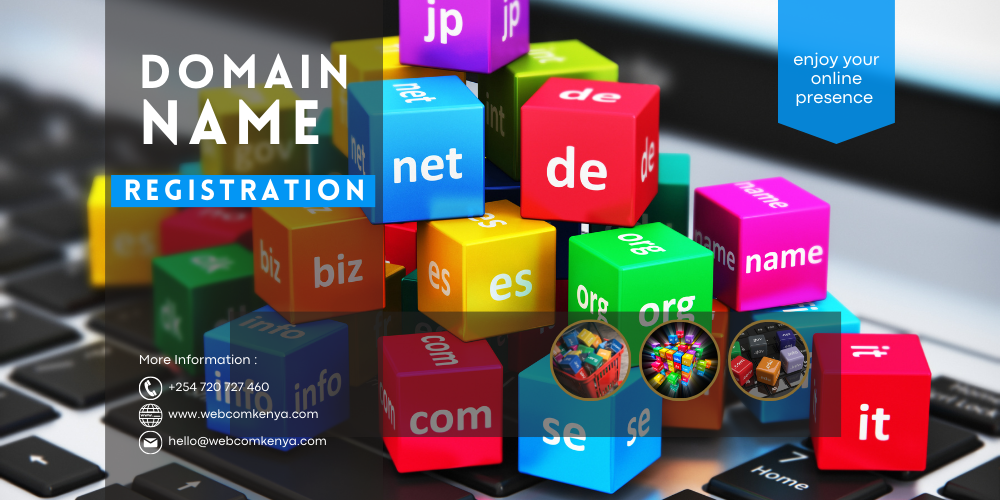what is an international domain names?
what is an international domain names (IDNs)?
in todays interconnected digital landscape, the internet serves as a gateway to a world without borders. as the online community continues to expand globally, the need for inclusive digital representation has become increasingly apparent.
Enter International Domain Names (IDNs), a vital innovation paving the way for linguistic diversity and enhanced accessibility on the web.
Understanding International Domain Names (IDNs)
Traditionally, domain names have been restricted to a limited set of characters derived from the Latin alphabet, numerals, and hyphens. However, this posed a significant barrier for non-Latin script users, whose languages and scripts couldn’t be adequately represented. IDNs address this issue by allowing domain names to be registered and displayed in various scripts, including Cyrillic, Arabic, Chinese, Devanagari, and many more.
Bridging Linguistic Divides
The introduction of IDNs heralds a new era of inclusivity, enabling individuals and businesses worldwide to register domain names in their native scripts. This breakthrough fosters cultural preservation and linguistic empowerment, as users can now navigate the internet using characters that resonate with their language and identity.
For instance, a website catering to Arabic-speaking audiences can now utilize a domain name written in Arabic script, enhancing its accessibility and relevance within the community. Similarly, a Japanese company can establish its online presence with a domain name in Kanji, reinforcing its cultural authenticity and appeal.
Technical Implementation
The implementation of IDNs involves a complex technical infrastructure to ensure seamless integration across different platforms and browsers. The Internet Corporation for Assigned Names and Numbers (ICANN), the governing body responsible for managing domain names, has developed standards and guidelines for the registration and operation of IDNs.
To accommodate the diverse range of scripts and characters, IDNs utilize a system called Punycode, which translates non-Latin characters into ASCII (American Standard Code for Information Interchange) characters for compatibility with existing internet protocols. This process maintains interoperability while allowing users to input and display domain names in their native scripts.
Challenges and Considerations
While IDNs offer numerous benefits, they also present challenges and considerations for users and stakeholders. One significant issue is the potential for homograph attacks, where visually similar characters from different scripts are used to deceive users and facilitate phishing scams. To mitigate this risk, browsers and domain registrars implement safeguards and validation mechanisms to verify the authenticity of IDNs.
Furthermore, the adoption of IDNs requires collaboration between governments, registries, and internet stakeholders to establish policies and frameworks that promote linguistic diversity while safeguarding the integrity of the domain name system. This collaborative effort ensures that IDNs are implemented responsibly and contribute to the growth and inclusivity of the internet.
The Future of IDNs
As the internet continues to evolve into a truly global platform, the importance of IDNs will only grow. Their role in promoting linguistic diversity, cultural expression, and digital inclusion cannot be overstated. With ongoing advancements in technology and governance, IDNs will play a pivotal role in shaping the future of the internet, ensuring that it remains accessible and relevant to diverse communities around the world.
Which domain is best for worldwide?
In conclusion, International Domain Names (IDNs) represent a landmark advancement in the quest for a more inclusive and representative internet. By embracing linguistic diversity and enabling users to express themselves in their native scripts, IDNs empower individuals and communities to participate fully in the digital age. As we continue to harness the power of technology to bridge divides and foster connections, IDNs stand as a testament to the transformative potential of a truly global internet.

- Global Recognition: “.com” is the most widely recognized and familiar domain extension worldwide. It has been in use since the early days of the internet and is associated with commercial entities, making it a default choice for businesses seeking an international audience.
- Cultural Neutrality: Unlike country-code top-level domains (ccTLDs) such as “.uk” for the United Kingdom or “.de” for Germany, which may carry geographical connotations, “.com” is culturally neutral. It doesn’t imply any specific country or region, making it universally appealing.
- SEO Advantage: While domain extension alone does not directly impact search engine optimization (SEO), “.com” domains are often perceived as more authoritative and trustworthy by both users and search engines. This can indirectly contribute to better search engine rankings, especially for competitive keywords.
- User Behavior: Many internet users instinctively type “.com” when entering a website address. Having a “.com” domain reduces the risk of users mistyping the domain or forgetting the extension, leading to better accessibility and fewer lost visitors.
- Availability: Despite being the most popular domain extension, “.com” still offers a wide range of available domain names. While many desirable names may already be taken, creative combinations or variations are often still obtainable.
While “.com” is generally considered the best choice for worldwide appeal, other domain extensions like “.net” or “.org” can also be viable options depending on the nature of the website and its target audience. Ultimately, the most important factors are the relevance, memorability, and usability of the domain name for your specific purposes.
What is an international domain name example?

Here’s an example:
English Domain: example.com
International Domain (Cyrillic): пример.com
In this example, “пример.com” is the internationalized version of the domain “example.com,” written in the Cyrillic script commonly used in languages like Russian, Bulgarian, and Serbian. This allows users who are more comfortable with Cyrillic characters to access the website using a domain name that matches their language and script preferences.
To register a domain click here
For more updates and insights, follow us on Facebook @webcomcloud